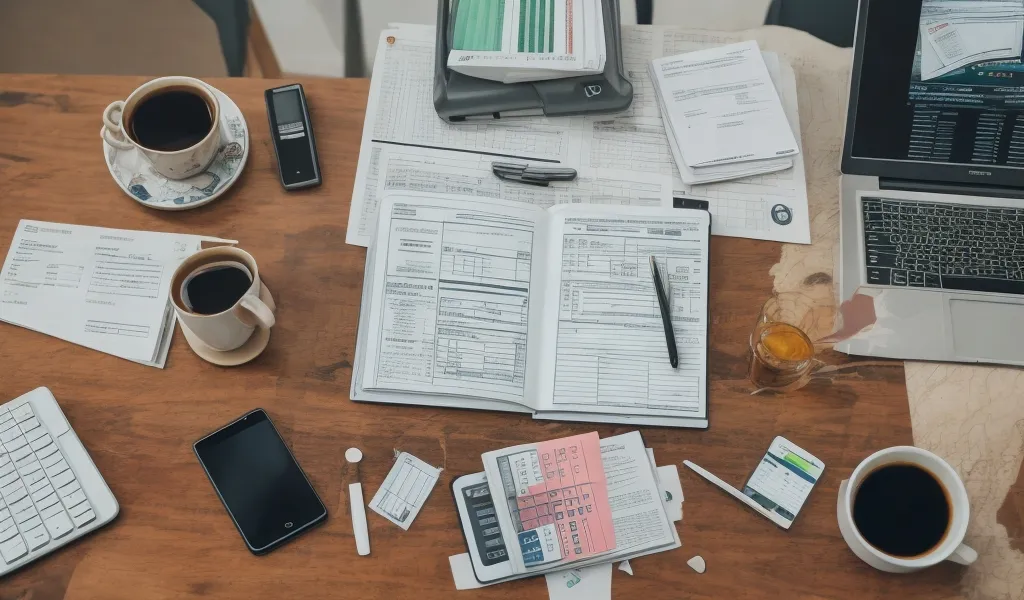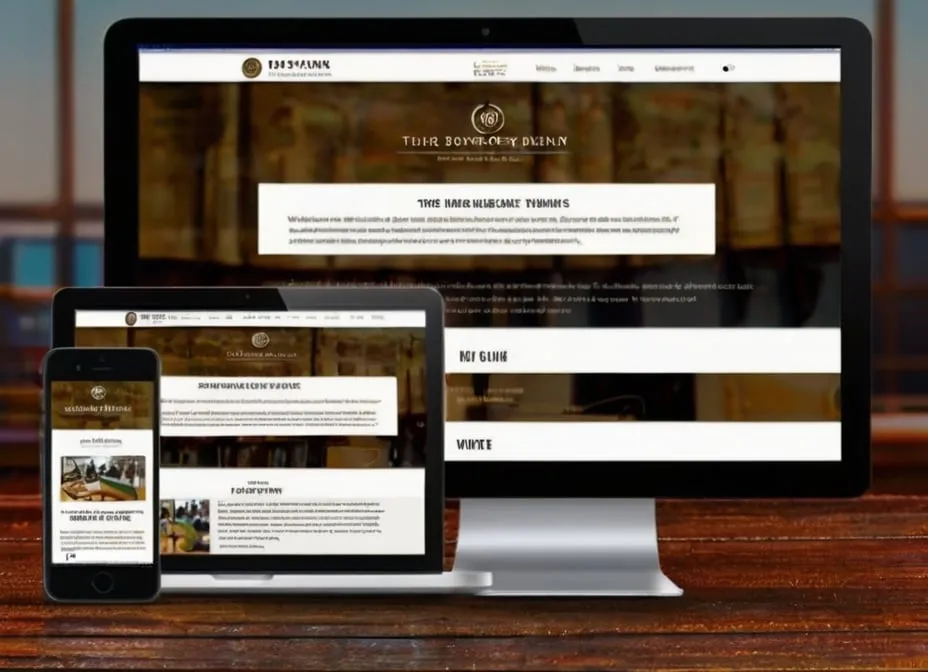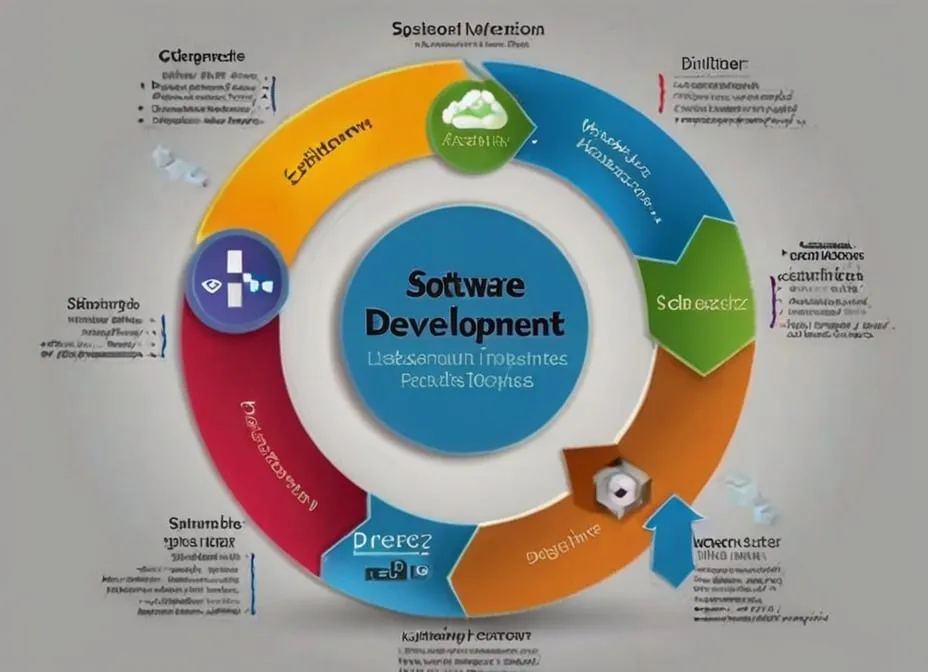Tips For Freelance Independent Workers and Complete Taxes
Introduction to Freelancing and Taxes
Ah, the freelance life! A world of freedom, flexibility, and the opportunity to turn your passion into a profession. But with great power comes great responsibility, and in this case, that responsibility is understanding and navigating the intricate world of taxes. Buckle up, my freelance friends, because this article is your ultimate guide to conquering the tax maze and ensuring Uncle Sam gets his fair share without draining your hard-earned cash.
The Rise of the Gig Economy
In recent years, the gig economy has exploded, with more and more people opting for the independence and versatility of freelancing over traditional 9-to-5 jobs. This shift has brought about a new set of challenges, particularly when it comes to managing finances and complying with tax regulations. The good news? You're not alone in this journey, and with the right knowledge and tools, you can conquer the tax beast like a true freelance warrior.
Challenges of Being a Freelancer
As a freelancer, you wear many hats – you're the CEO, the marketing team, the accountant, and everything in between. Juggling multiple clients, managing your workload, and staying on top of invoices and expenses can be a daunting task. Throw taxes into the mix, and you've got yourself a recipe for potential chaos. But fear not, my freelance friends, for this article will equip you with the knowledge and strategies to tackle these challenges head-on.
Importance of Tax Compliance
Taxes may not be the most exciting topic, but ignoring them can lead to serious consequences. From hefty fines and penalties to potential legal troubles, failing to comply with tax regulations can quickly turn your freelance dream into a nightmare. However, by understanding your obligations and taking proactive steps, you can avoid these pitfalls and keep your business running smoothly.
Overview of the Article
In this comprehensive guide, we'll dive deep into the world of freelance taxes, covering everything from understanding your tax obligations to maximizing deductions and credits. We'll explore strategies for keeping accurate records, tracking expenses, and filing tax returns like a pro. So, grab a cup of your favorite beverage (or perhaps a strong espresso), and let's embark on this tax-taming adventure together!
Understanding Tax Obligations for Freelancers
As a freelancer, navigating the tax landscape can feel like trying to solve a complex puzzle without all the pieces. But fear not, my friend, for we're about to shed light on the tax obligations you need to understand and conquer.
Types of Taxes for Freelancers
When it comes to taxes for freelancers, there are a few key players to be aware of. First up, we have the self-employment tax, which covers your Social Security and Medicare contributions. Then, there's the good old income tax, which applies to your net earnings after deductions and credits. And let's not forget state and local taxes, because even the smallest municipalities want a piece of the pie.
Self-Employment Tax
As a freelancer, you're considered self-employed in the eyes of the IRS. This means you're responsible for paying both the employee and employer portions of Social Security and Medicare taxes – a combined rate of 15.3% on your net earnings. It may sound daunting, but don't worry, we'll discuss strategies to help you manage this obligation later on.
Income Tax
In addition to the self-employment tax, you'll also need to pay income tax on your net earnings. Now, you might be thinking, "But wait, isn't that what my clients already withhold from my payments?" Well, my freelance friend, that's where the beauty of being your boss comes in – you get to keep every penny upfront. But don't get too excited, because you'll need to set aside funds to cover your income tax bill come filing time.
State and Local Taxes
Depending on where you live and work, you may also be subject to state and local taxes. These can vary greatly from one location to another, so it's important to familiarize yourself with the specific regulations in your area. Some states have income taxes, while others have sales or gross receipts taxes that apply to freelancers. It's a bit of a maze, but we'll guide you through it step by step.
Keeping Accurate Records and Expenses
In the freelance world, record-keeping is more than just a formality – it's a lifeline. Without proper documentation of your income and expenses, you could find yourself swimming in a sea of paperwork and missing out on valuable deductions come tax time.
Maintaining Detailed Income Records
As a freelancer, your income can come from various sources – clients, side gigs, and potentially even passive income streams. It's essential to keep meticulous records of every penny earned, whether it's through invoices, payment receipts, or bank statements. Not only will this make it easier to calculate your taxable income, but it will also provide a paper trail in case of any discrepancies or audits.
Tracking Business Expenses
One of the perks of being a freelancer is the ability to deduct eligible business expenses from your taxable income. However, to take advantage of these deductions, you'll need to keep impeccable records of every expense, no matter how small. From office supplies and equipment to advertising costs and professional development, make sure you have a system in place to track and categorize these expenses.
Choosing the Right Accounting Method
As a freelancer, you have the option to choose between the cash or accrual accounting method for reporting your income and expenses. The cash method is simpler and recognizes income and expenses when they are received or paid, respectively. The accrual method, on the other hand, recognizes income when it is earned and expenses when they are incurred, regardless of when the money changes hands. The choice depends on your business structure and personal preference, but it's important to be consistent in your approach.
Using Accounting Software and Apps
In today's digital age, there's no need to rely on outdated spreadsheets or shoeboxes full of receipts. There are countless accounting software and apps available to help you streamline your record-keeping process. From cloud-based solutions like QuickBooks and FreshBooks to mobile apps like Expensify and Shoeboxed, these tools can simplify your life by automating tasks, generating reports, and providing real-time insights into your financial health.
Tax Deductions and Credits for Freelancers
As a freelancer, every penny counts, and taking advantage of available tax deductions and credits can make a significant difference in your bottom line. Think of it as a treasure hunt, where the more you explore, the more gems you'll uncover.
Home Office Deduction
For many freelancers, the couch or the local coffee shop doubles as their office. But did you know that you could potentially deduct a portion of your housing expenses if you have a dedicated workspace in your home? The home office deduction allows you to claim a percentage of your rent, utilities, and other housing costs as business expenses, provided you meet certain criteria. Just make sure to keep meticulous records and follow the IRS guidelines to a T.
Business Travel and Meal Deductions
As a freelancer, you may find yourself traveling for work, whether it's to meet with clients, attend conferences, or simply seek inspiration in a new environment. The good news is that many of these travel expenses, including airfare, hotels, and even a portion of your meals, can be deducted from your taxable income. Just remember to keep detailed records and receipts, and follow the IRS guidelines for deducting these expenses.
Vehicle Expenses and Mileage Deductions
Use your vehicle for business purposes, such as meeting clients or running errands. You may be eligible to deduct a portion of your vehicle expenses or claim a standard mileage deduction. This can include gas, maintenance, insurance, and even depreciation costs. Just be sure to keep a detailed mileage log and separate your business and personal usage to maximize your deductions.
Other Common Deductions and Credits
The world of tax deductions and credits for freelancers is vast and ever-changing. Some other common deductions to explore include:
- Office supplies and equipment
- Professional development and continuing education
- Marketing and advertising costs
- Legal and professional fees
- Health insurance premiums (if you qualify)
- Retirement plan contributions
Additionally, don't overlook potential tax credits, such as the Earned Income Tax Credit (EITC) or the Child and Dependent Care Credit, which can further reduce your tax liability.
Filing and Paying Taxes as a Freelancer
As a freelancer, tax filing can feel like a daunting task, but with the right preparation and strategies, it can be a breeze – or at least a gentle zephyr.
Estimated Tax Payments
Unlike traditional employees who have taxes withheld from their paychecks, freelancers are responsible for making estimated tax payments throughout the year. These payments are designed to cover your self-employment tax and income tax liabilities, and failing to make them can result in penalties and interest charges. Don't worry, though – we'll guide you through the process of calculating and making these payments, ensuring you stay compliant and avoid any unpleasant surprises come tax season.
Filing Tax Returns
When it comes to filing your tax returns as a freelancer, you have a few options. You can go the traditional route and file a good old Form 1040, complete with all the necessary schedules and forms. Alternatively, you may qualify for the simplified Form 1040-ES, which can make the process a bit more streamlined. Whichever path you choose, it's crucial to gather all your income and expense records, as well as any applicable deductions and credits, to ensure you're accurately reporting your financial information.
Hiring a Tax Professional
For some freelancers, the idea of navigating the tax maze alone can be overwhelming. In such cases, hiring a tax professional can be a wise investment. A qualified accountant or tax preparer can not only ensure you comply with all the latest regulations but also help you identify potential deductions and credits you may have overlooked. Additionally, they can provide valuable guidance on tax planning and strategies to minimize your tax liability in the future.
Tax Planning and Strategies
Speaking of tax planning, it's never too early to start thinking about next year's taxes. As a freelancer, it's essential to have a proactive approach to managing your finances and tax obligations. This may involve setting aside funds for estimated tax payments, maximizing deductions and credits, and exploring potential tax-advantaged retirement plans or investment strategies. By staying ahead of the game, you can avoid the last-minute scramble and ensure a smoother, less stressful tax season.
Conclusion
As we reach the end of our tax-taming journey, let's take a moment to reflect on the key points we've covered.
Recap of Key Points
- Understand your tax obligations as a freelancer, including self-employment tax, income tax, and state and local taxes.
- Maintain accurate records of your income and expenses to maximize deductions and credits.
- Explore various deductions and credits available to freelancers, such as home office, travel, vehicle expenses, and more.
- Stay organized and make estimated tax payments throughout the year to avoid penalties and interest charges.
- Consider hiring a tax professional or utilizing tax planning strategies to minimize your tax liability and stay compliant.
Importance of Staying Organized
In the freelance world, organization is key. By keeping meticulous records, tracking expenses, and staying on top of your tax obligations, you'll not only save yourself from potential headaches down the road but also maximize your tax savings and ensure compliance with all relevant regulations.
Embracing the Freelance Lifestyle
While taxes may seem like a daunting aspect of freelancing, remember that the freedom and flexibility of being your own boss are truly priceless. Embrace the challenges, stay organized, and don't forget to celebrate your victories along the way – because let's face it, conquering the tax beast is no small feat!
Final Thoughts and Encouragement
As you embark on your freelance journey, remember that you're not alone. There's a vast community of fellow freelancers out there, each navigating their paths and facing similar challenges. Seek out support, share your experiences, and never hesitate to ask for help when you need it. With the right mindset, preparation, and a touch of humor, you can conquer the tax maze and thrive in the ever-evolving gig economy. Go forth, my freelance friends, and let your passion guide you to success!
FAQ
- Do I need to pay taxes if I'm a part-time freelancer? Yes, even if freelancing is not your primary source of income, you are still required to report your earnings and pay taxes on them. The IRS considers freelance work to be self-employment, and you are responsible for paying self-employment tax and income tax on your net earnings.
- Can I deduct the cost of my home internet and cell phone as business expenses? Yes, you can deduct a portion of your home internet and cell phone expenses if you use them for business purposes. However, you need to carefully track and document the business-related usage to claim the appropriate deduction.
- How do I calculate my estimated tax payments? Estimated tax payments are typically calculated based on your expected income for the year, taking into account any deductions, credits, and tax rates. The IRS provides worksheets and online calculators to help you determine the appropriate amount to pay. You can also consult with a tax professional for assistance.
- What happens if I underpay my estimated taxes? If you underpay your estimated taxes, you may be subject to penalties and interest charges from the IRS. It's essential to make accurate estimates and pay the required amounts on time to avoid these additional costs.
- Should I hire a tax professional or do my taxes myself? The decision to hire a tax professional or do your taxes yourself largely depends on your level of comfort with tax laws, the complexity of your financial situation, and the time you're willing to invest in researching and understanding the tax code. Many freelancers find that hiring a professional can save time, reduce stress, and potentially identify additional deductions or credits they may have missed.











